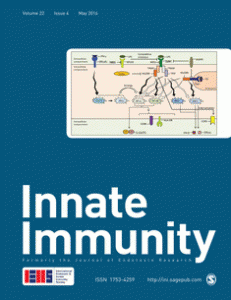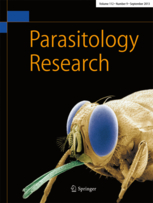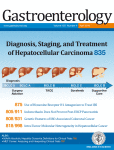 A researcher failed to obtain proper consent from HIV patients included in his study about risky sexual behavior, according to the journal that retracted his paper.
A researcher failed to obtain proper consent from HIV patients included in his study about risky sexual behavior, according to the journal that retracted his paper.
The study, based on interviews with 154 men and women living with HIV, concluded that experiencing negative life events correlated with risky sexual behavior. But although the author claimed to have complied with the journal’s standard of consent, the journal disagreed, and retracted the paper in 2014 (we think this case is interesting enough to share with you now). What’s more, according to the journal, the paper contains errors that invalidate its conclusions.
Here’s the notice:
Continue reading HIV paper pulled for lack of consent, errors






 A team of biologists have earned a fifth retraction for a paper containing manipulated images, following an investigation by the Swedish government.
A team of biologists have earned a fifth retraction for a paper containing manipulated images, following an investigation by the Swedish government.
